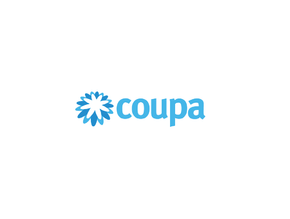Bayer Learns Valuable Risk Management Lessons from Lawsuit

Bayer has provided insight into some important measures that it will take to mitigate future risks, following a lawsuit that disallowed the company’s settlement amount. Allegations were made into the Roundup weedkiller, which claimed that the product causes cancer.
In response to the allegations, Bayer offered a US$2bn settlement for the claims, which was denied by Judge Vince Chhabria, US District Court. After such serious allegations, the company has responded with its five measures to limit any legal issues regarding its products.
Customer Transparency
Providing knowledge to customers and transparency around all certification is what Bayer plans to achieve through its website creation. A website will be set up and made publicly accessible, which contains all scientific details for its products, and label contents will be available online. The company will also push to gain EPA approval of the language used on the Roundup labels.
Domestic Market
The company will begin discussions regarding the use of glyphosate-based products in the residential market. The ‘overwhelming’ number of claims were related to the Roundup Lawn and Garden range, which is aimed at domestic use. Bayer will not discontinue the use of glyphosate-based products in its professional and agricultural products. However, its suitability for domestic use will be discussed.
Expert Advisory Panel
Products that consist of chemical compositions require a specific level of expertise. Bayer will take on a dedicated advisory panel composed of external scientific experts. The aim of the panel is to continually investigate potential areas that may contribute to legal action.
Ongoing Claim Assessment
Bayer stated it has received approximately 96,000 claims in total but has also announced a resolution to all of these claims. The company will take into account any further discussions regarding existing claims as part of its attempt to show “good faith to bring an end to litigation and liability risk.” It will also assess this strategy regularly to determine whether it aligns with the company’s best interests. The current appeals will continue through the legal process, as Bayer believes this will be beneficial for the company’s ongoing risk mitigation strategy.
For more risk management insights, check out Procurement magazine.
- How o9 is Enhancing Procurement at TB InternationalProcurement Strategy
- Oracle Adds More Gen AI Offering to Cloud SuiteTechnology & AI
- Pfizer among new champions of Sustainable Procurement PledgeSustainable Sourcing
- Key Insights: GEP Global Volatility Index April 2024Supply Chain Management






